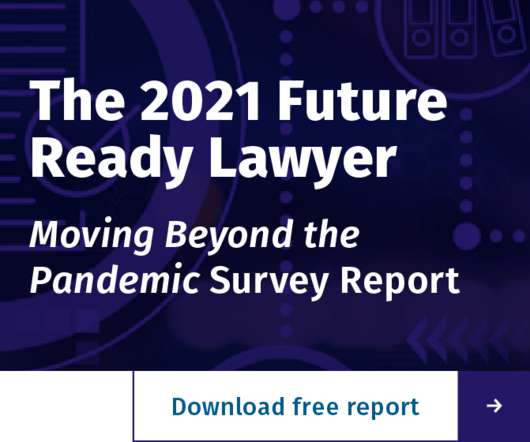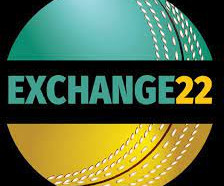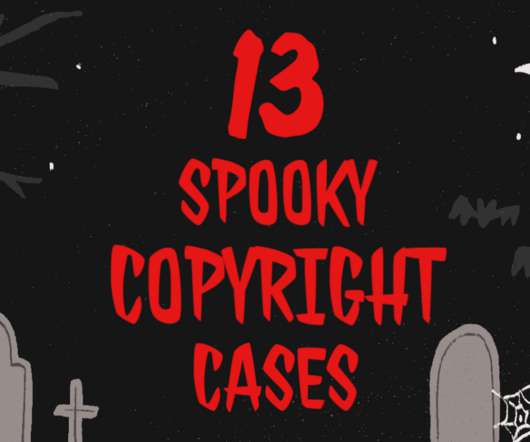A Brief Thematic Review of Non-Fungible Tokens and their Copyright
IP and Legal Filings
JANUARY 23, 2023
The copyrights Act includes computer programmes and electronic communication, however this has been viewed as a grey area. Following the 2012 revision to the copyrights Act, it was made clear that Internet activities were also covered by the copyright law.












Let's personalize your content